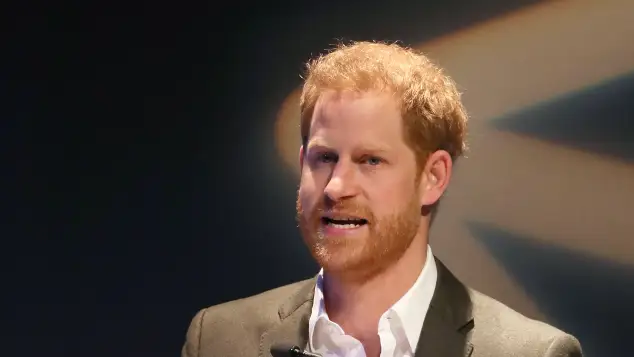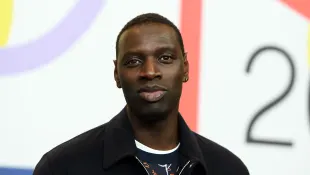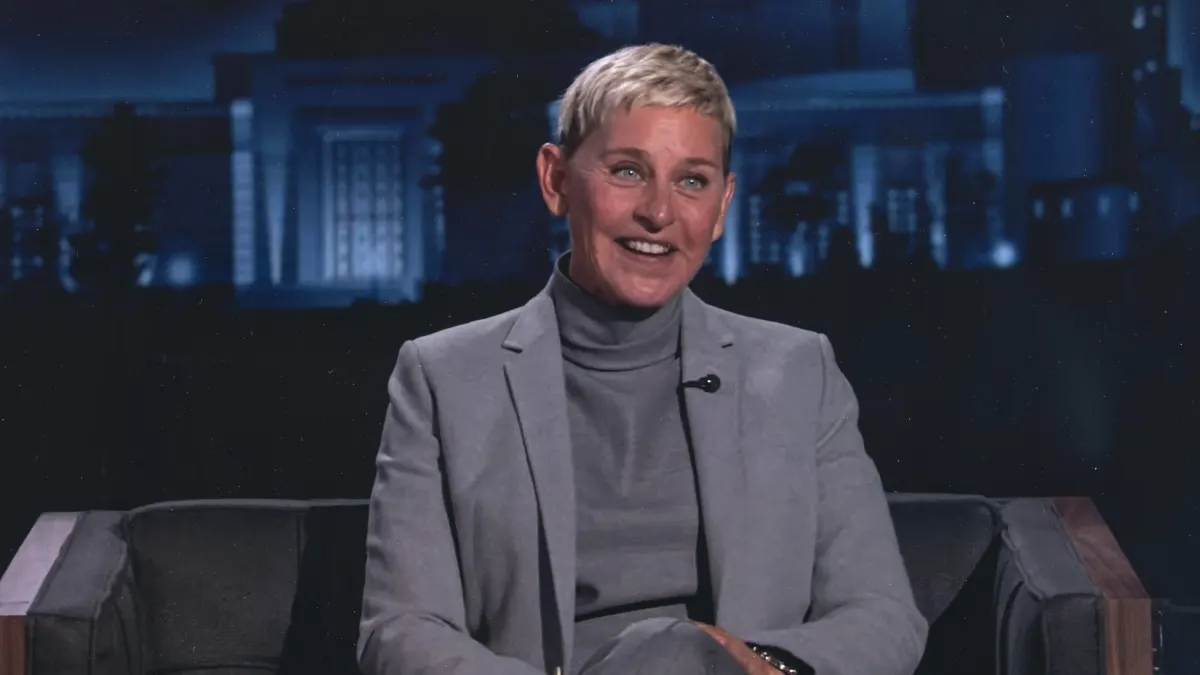Prince Harry is once again combatting the dangers of the online world.
In a new interview with Fast Company, the Duke spoke at length on the need for social media reform and the problem of misinformation. Key points included Harry's view on how social media fostered the attack on the U.S. Capitol Building and a reflection on how he and Meghan were affected by false narratives in the U.K. media.
Interview: Prince Harry on Capitol riots and misinformation
Responding to action taken by big tech companies following the Capitol riots, Harry said: "We have seen time and again what happens when the real-world cost of misinformation is disregarded. There is no way to downplay this. There was a literal attack on democracy in the United States, organised on social media, which is an issue of violent extremism.
"It is widely acknowledged that social media played a role in the genocide in Myanmar and was used as a vehicle to incite violence against the Rohingya people, which is a human rights issue," he continued. "And in Brazil, social media provided a conduit for misinformation which ultimately brought destruction to the Amazon, which is an environmental and global health issue."
The Duke went on to address those who believe free speech is under attack through social media reform. "We should avoid buying into the idea that social media is the ultimate modern-day public square and that any attempt to ask platforms to be accountable to the landscape they’ve created is an attack or restriction of speech," he said. "I think it's a false choice to say you have to pick between free speech or a more compassionate and trustworthy digital world. They are not mutually exclusive."
Prince Harry and Duchess Meghan's social media activism
The Fast Company interview, published on Friday, came after Harry spoke to the outlet last summer. Social media reform—aimed at eliminating the spread of hate speech and misinformation—has been a central concern for the Duke and Duchess of Sussex, owing in part to their experiences with false narratives in the media.
Of the online harassment he and Meghan faced in the U.K., the Duke told Fast Company: "I was really surprised to witness how my story had been told one way, my wife's story had been told one way, and then our union sparked something that made the telling of that story very different. That false narrative became the mothership for all of the harassment [...]. It wouldn't have even begun had our story just been told truthfully."










